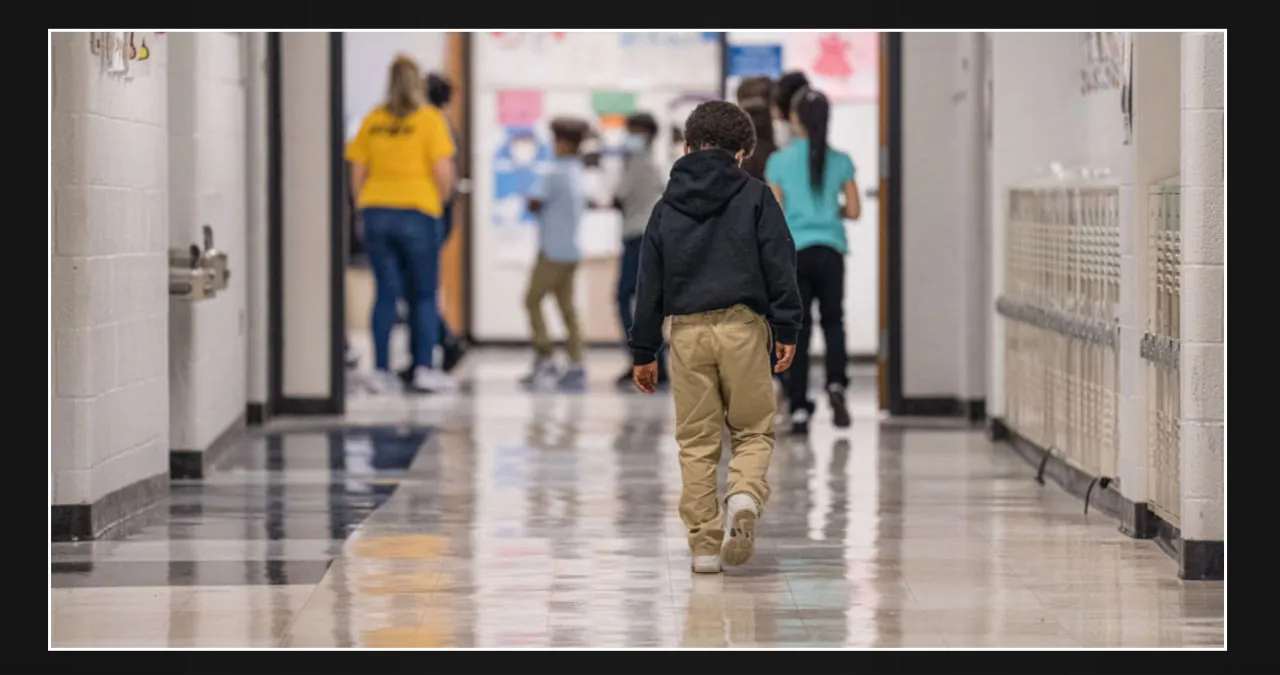A South Carolina philanthropist’s donation will assist in covering more of the private school tuition for certain students who lost their taxpayer-funded scholarships due to a state Supreme Court order.
Ravenel B. Curry III, who is a co-founder of a financial planning firm, has generously donated $500,000 to cover the tuition expenses for approximately half of the 700 students currently enrolled in private schools through South Carolina’s voucher program. This incredible act of kindness ensures that these students can continue attending their schools for the upcoming quarter. The Palmetto Promise Institute reported this heartwarming news.
Palmetto Promise Institute CEO Wendy Damron expressed her deep gratitude and appreciation for the generous gift from Ravenel Curry. In a news release, she conveyed their honor and acknowledged the significance of the contribution.
Last year, Governor Henry McMaster signed a law that created education scholarship accounts, which offer parents $6,000 per year in public funds. This money can be used for various educational expenses such as tuition, transportation, supplies, or technology. Parents have the option to use these funds at private schools or public schools outside their child’s district.
In September, the state Supreme Court ruled that the payments were in violation of the state constitution’s prohibition on public funds benefiting private education.
Families were faced with a challenging situation when the state had already credited the initial $1,500 installment into their accounts. Although the court did not demand schools to reimburse the funds, it did put a stop to payments for private tuition. Consequently, parents were left with the task of finding alternative solutions to prevent their children from having to transfer back to public school.
This school year, the money was exclusively accessible to students who were eligible for Medicaid. As a result, it became increasingly challenging for parents to afford tuition without assistance.
The Palmetto Promise Institute, a long-time advocate for the law, stepped in to provide financial support for its implementation.
Billionaire donor covering K-12 private tuition after SC court rejected vouchers
In addition to the previous $900,000 donation made by Pennsylvania billionaire Jeff Yass, Stephen Curry has now made a generous contribution. This latest donation will assist students in continuing their education until the end of the current semester, as stated by the Palmetto Promise Institute.
It remains to be seen whether the conservative think tank will be able to raise enough funds to cover the tuition for the remaining students or for all students during their final quarter of school.
According to Damron, this donation is more than just a generous gesture towards these families. He believes it is an investment in the future of South Carolina’s school choice movement and serves as a compelling demonstration of how individuals can actively shape public policy.
According to the Palmetto Promise Institute, the funds will be allocated directly to schools rather than parents.
The Catholic diocese for South Carolina has been actively raising funds to support 195 students who unfortunately lost their school vouchers. These students were previously attending schools affiliated with the diocese, which comprises a total of 32 schools.
The recent ruling by the high court put a halt to private tuition payments. However, it did not affect other aspects of the law, which means that parents can still receive quarterly payments for expenses like tutoring and books. Furthermore, sign-ups for the program will continue for the following year, and the income eligibility will expand to 300% of the federal poverty level. By 2026-27, parents who earn up to 400% of the poverty level will also be eligible to qualify.
However, the ruling significantly undermined the original intention of assisting parents in covering the costs of private tuition.
Republican leaders in the state House have identified the restoration of taxpayer-funded scholarships as a top priority for the upcoming legislative session, set to commence in January.
Legislators may attempt to pass a new law, anticipating that a court with a different composition will render a contrasting decision. Moreover, they have the option to seek the opinion of voters in 2026 regarding the potential removal of the state constitution’s prohibition on public funds benefiting private schools.
Critics of the initiative have urged lawmakers to explore alternative methods of enhancing the state’s education system, rather than persistently pursuing legislation on school choice.







Leave a Reply